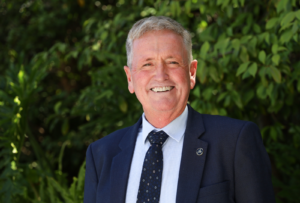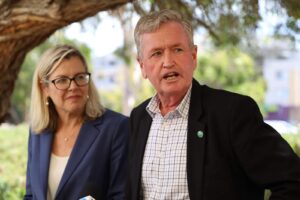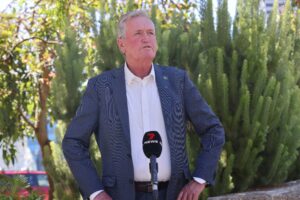Shadow Treasurer Dr Steve Thomas says that the State Government should be reviewing its fees and charges policy and its wages policy as the community grapples with the rapidly rising cost of living.
“Yesterday’s 0.5% rise in the official interest rate has again highlighted the cost of living here in Western Australia, where the Government has a greater capacity than anywhere else in the country, perhaps the world, to minimise the impact,” Dr Thomas said.
“The State Government has a role to play in helping people cope with the massive increase in their daily costs, and it should immediately focus on how much it charges people for normal living services.
“Given the massive budget surpluses the Government is getting, thanks mainly to rising iron ore royalties, they should be looking to minimise the imposts they themselves put on people in terms of fees and charges.
“This includes a 6.4% rise in drivers licence fees and a 5% increase in the emergency services levy.
“The latest annual inflation rate in Western Australia was 7.6%, which was nearly 50% higher than the national figure of 5.1%. The Government’s projection in its state budget last month of 4% for 2020-21 and 2.75% next financial year already looks questionable.
“Especially when the Reserve Bank has indicated that headline inflation should peak at 6% nationally in the second half of this year, with underlying inflation predicted at 4.75% in late 2022.”
Dr Thomas said that the Government would also need to review its wages policy given the rising inflation levels.
“I note that the Federal Labor Government is supporting the minimum wage to increase by the national inflation rate of 5.1%, which makes Mark McGowan’s position on public service wages increasingly isolated and difficult to justify.”
“The McGowan Government will have to justify its current wages position, including a reduction in real wages for many, to its own workers as it continues to amass a mountain of cash for its own benefit.” Dr Thomas said.
“It is sitting on more than $20 billion in surpluses over five years, so it can well and truly afford to give some back to struggling households.”


